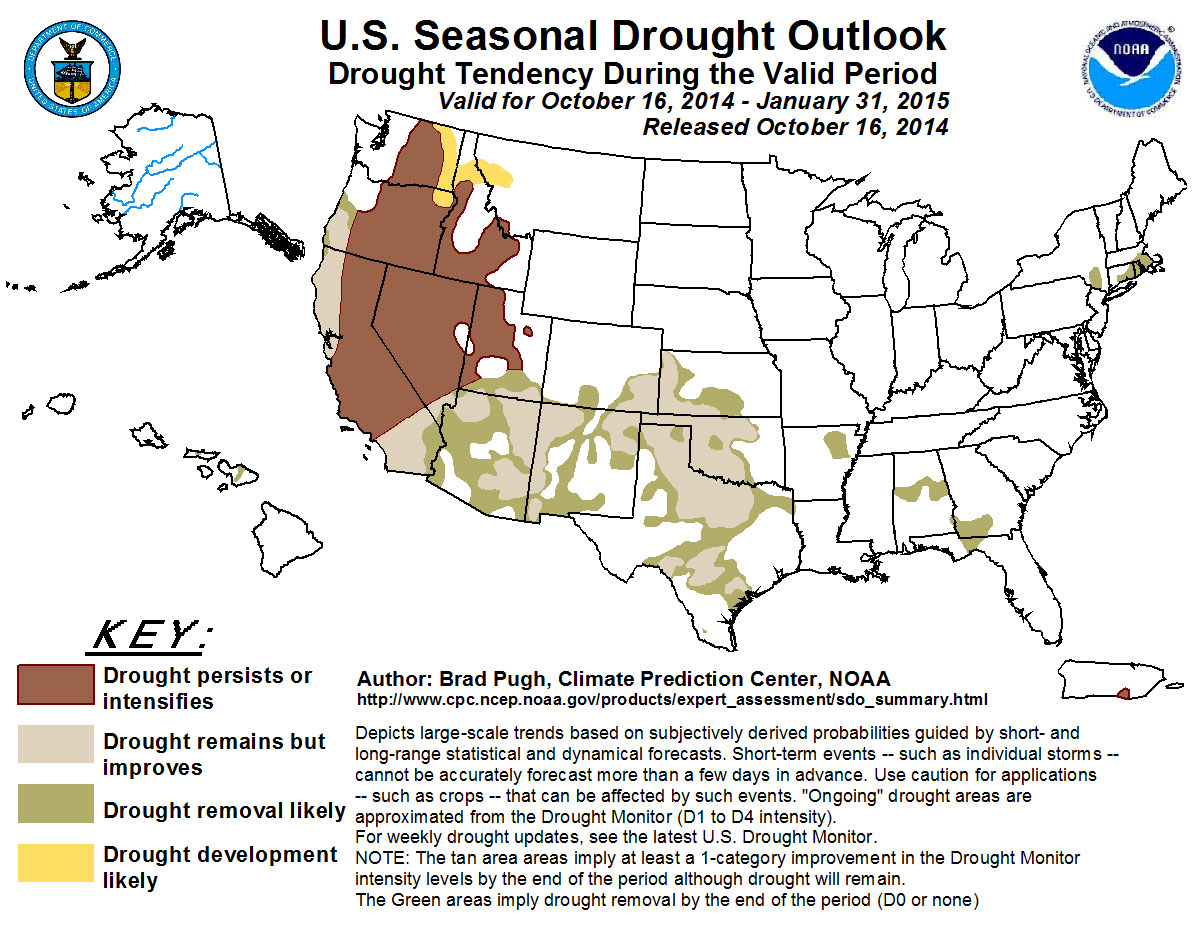Gov. Jerry Brown laid out his long-term strategy for shoring up California's water system Monday, telling a water conference at Stanford University that the state's water crisis and the ongoing drought will occupy much of his time if he is re-elected in November.
"Water is going to be a major issue that will be addressed in the California Legislature and in Congress, and throughout communities everywhere, because water doesn't get solved by one person or in one place,'' he said.
Still, the Democratic governor said he intends to serve as leader on the issue, telling the crowd that the state's drought, now entering its fourth year, is too complex for a "flash in the pan'' governor to tackle. He said his work began when he was governor the first time, from 1975 to 1983, which also happened to be during the state's last major drought.
"This is not really the work for just a one-term governor; this is work for a four-term governor,'' he quipped.
The event also gave Brown an opportunity to promote a November ballot initiative, Proposition 1, which would authorize $7.5 billion for water infrastructure projects and conservation efforts. But he said that amount alone will not be nearly enough to address the state's long-term water challenges, which will require "tens of billions of dollars invested over the next 10 to 20 years.''
While polls show support for the bipartisan ballot measure, Brown's $25 billion plan to build twin tunnels underneath the Sacramento-San Joaquin Delta has faced intense opposition. The 10- to 15-year project is intended to make it easier to pump water from the Sacramento River to Central Valley farms and Southern California cities, while guarding against the effects of a levee collapse during a major earthquake.
Brown's opponent in November, Republican Neel Kashkari, opposes the tunnel plan, although he has endorsed Proposition 1. Kashkari's campaign did not immediately respond to a request for comment Monday.
Local
Voters rejected Brown's last delta water plan for a so-called peripheral canal in 1982.
The Brown administration has a 10-point list of water goals, which include promoting conservation, restoring ecosystems, expanding storage capacity, improving groundwater management, increasing flood protection and making regulations more efficient.
Brown's father, former Gov. Pat Brown, ushered in the State Water Project in 1959, an extensive system of reservoirs and canals that was considered an engineering marvel in its day.
Today, it supplies 25 million people and farms that produce half the nation's fruit and vegetables, but the system was built for a state with a population half of the current 38 million.




